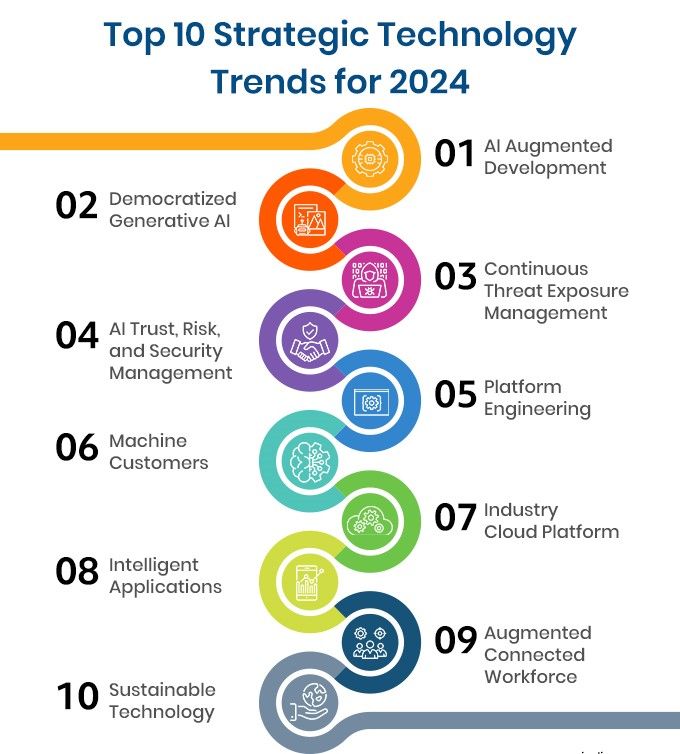The Future of the Internet: Web 3.0 and Emerging Technologies
In recent years, the internet has become an integral part of our lives, shaping the way we communicate, work, and interact with the world around us. As technology continues to evolve, so does the internet. We are now on the cusp of a new era – Web 3.0, which promises to revolutionize the way we experience the online world.
What is Web 3.0?
Web 3.0, also known as the semantic web, is the next generation of the internet. It is a more intelligent, connected, and personalized version of the World Wide Web. Unlike its predecessors, Web 3.0 aims to provide a more seamless and efficient online experience by leveraging emerging technologies such as artificial intelligence, machine learning, blockchain, and the Internet of Things (IoT).
Key Features of Web 3.0
Web 3.0 is characterized by several key features that set it apart from the current web landscape:
1. **Semantic Search**: Web 3.0 will enable more meaningful and contextual search results by understanding the intent behind user queries.
2. **Personalization**: The internet will become more personalized, tailoring content and services based on individual preferences and behavior.
3. **Decentralization**: Blockchain technology will play a significant role in Web 3.0, enabling decentralized applications and services that are not controlled by a single entity.
4. **Interoperability**: Web 3.0 will facilitate seamless data exchange between different platforms, devices, and services, creating a more connected digital ecosystem.
Emerging Technologies Shaping Web 3.0
Several emerging technologies will drive the development of Web 3.0 and shape the future of the internet. These include:
1. **Artificial Intelligence (AI)**: AI will enable intelligent automation, predictive analytics, and personalized recommendations, enhancing the overall user experience.
2. **Machine Learning**: Machine learning algorithms will power advanced data analysis, pattern recognition, and content curation, making online interactions more intuitive and efficient.
3. **Blockchain**: Blockchain technology will provide transparency, security, and trust in online transactions, enabling decentralized applications and smart contracts.
4. **Internet of Things (IoT)**: The IoT will connect billions of devices, sensors, and objects to the internet, creating a network of smart, interconnected devices that can communicate and share data in real-time.
The Impact of Web 3.0 on Businesses
The adoption of Web 3.0 will have a profound impact on businesses across all industries. Companies that embrace these emerging technologies and adapt to the changing digital landscape will gain a competitive edge and drive innovation in their respective fields. Here are some ways in which Web 3.0 will transform the business landscape:
1. **Enhanced Customer Engagement**: Web 3.0 will enable businesses to deliver more personalized and relevant experiences to their customers, fostering stronger brand loyalty and engagement.
2. **Improved Data Security**: Blockchain technology will enhance data security and privacy, protecting sensitive information from cyber threats and unauthorized access.
3. **Streamlined Operations**: AI and machine learning will optimize business processes, automate routine tasks, and streamline operations, increasing efficiency and productivity.
4. **New Revenue Opportunities**: Web 3.0 will open up new revenue streams through decentralized platforms, smart contracts, and digital marketplaces, creating additional sources of income for businesses.
Conclusion
As we look towards the future of the internet, Web 3.0 and emerging technologies are poised to revolutionize the way we interact with the online world. By harnessing the power of AI, blockchain, IoT, and other cutting-edge technologies, we can create a more intelligent, connected, and personalized internet experience that benefits businesses and individuals alike. The future of the internet is bright, and Web 3.0 is leading the way towards a more innovative and transformative digital landscape.


